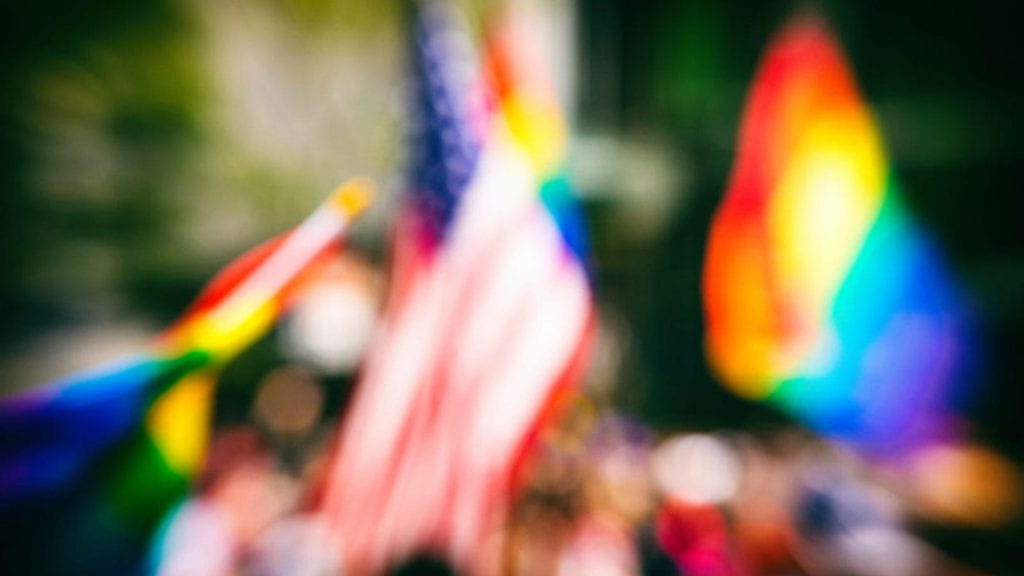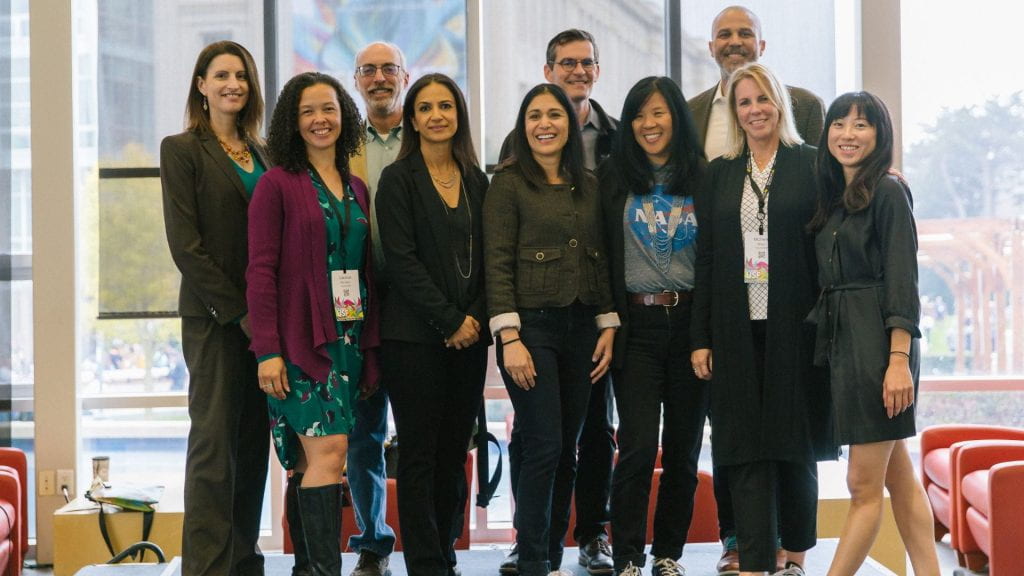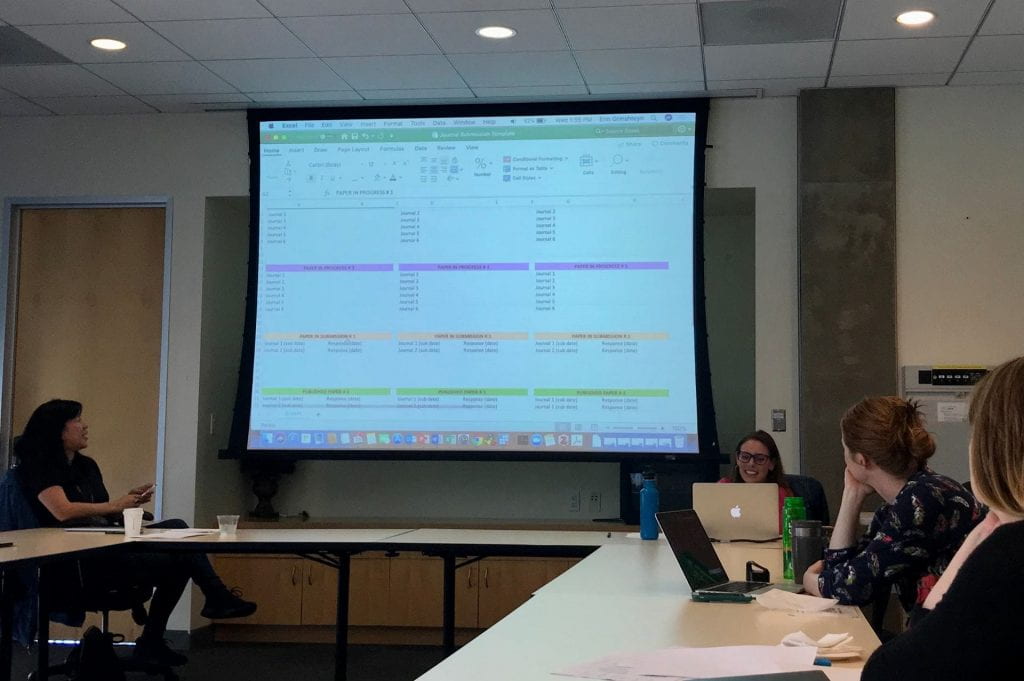How the Orlando Shooting and Presidential Election Changed the LGBTQ+ Community
Lou Felipe discusses the preliminary results of research conducted with Ja’nina Garrett-Walker and Michelle Montagno through the CRASE Interdisciplinary Action Group Grant Award.
The shooting that took place at Pulse, a gay nightclub in Orlando, FL, on a night that knowingly attracted a Latinx community, pushed to the forefront the intersectionality of discrimination. Notably, the tragedy highlighted how queer people of color are uniquely positioned to be at the receiving end of hateful violence due to the enduring legacies of racism and homophobia. Many in the queer community wondered about our community’s investment in racial equity. As queer people working towards racial equity, Ja’nina Garrett-Walker, Michelle Montagno, and I were not only personally heartbroken by the tragic deaths of those celebrating at Pulse that evening, but we felt compelled to leverage our own resources and privileges to better understand the experiences of people of color in the LGBTQ+ community.
We were awarded the Center for Research Artistic and Scholarly Excellence (CRASE) Interdisciplinary Action Group grant to investigate LGBTQ+ individuals’ racial identity and connectedness to the community. Though we are still in the data collection process, preliminary results reveal the different experiences between People of Color (POC) and White people in the LGBTQ+ community. While differences in mental health did not emerge, POC generally reported feeling less connected to the LGBTQ+ community than their White counterparts (Garrett-Walker, Felipe, & Montagno, 2017). POC also reported greater discord between their sexual and racial identities than White-identified participants. These trends of the data perhaps suggest that lived experiences of communities of color are not well reflected in dominant queer culture. What we see in the data may be the reflection of what many of us who are queer and of color have experienced all along: that the legacies of white supremacy have permeated the LGBTQ+ community, whitening the queer experience in much the same way that the feminist movement centered White voices, pushing Women of Color to demand intersectional feminism.
However, the Orlando tragedy was not the only major event impacting the participants of the study, all of whom identify as queer or claim a space somewhere along the LGBTQ+ continuum. Shortly following the launch of our study, the presidential elections took place, and we were faced with an interesting significant event that created unique response sets: we had a number of participants who responded before the election, as well as a portion of the sample who participated after the election. In examining depression scores, those who responded just prior to the election had scores that were substantially lower than those scores recorded after the election (Garrett-Walker, et al. 2017). In short, LGBTQ+ people endorsed more symptoms of depression after Trump was elected into office.
The presidential election signified a serious threat to the civil rights of the entire LGBTQ+ community, and it arrived on the heels of a massive attack that left 51 people dead. The socio-political environment created an additional stress on the psyches of the queer people in the study, and this indication of increased depression emerged regardless of how the participant identified racially. While these findings are almost sadly obvious, there is another unique finding to consider at this crossroads of identity: the post-election respondents indicated feeling more negatively towards their own racial group, regardless of their racial identity (Garrett-Walker, et al. 2017).
Orlando and the election changed all of us in the community. The accumulation of attacks draws us into a space far too familiar – that of self-loathing. Unless we, as a larger America, take up each other’s causes with the same fervor for which we stand up for our own, we are headed down a terrifyingly divisive path, where we will not only hate one another, but will end up internally empty in the process. And though the mistakes of the past seem to be revived in modern times, the successes of the past have also paved our path for survival and resistance. We just have to listen to those stories and value our own.
![INSIDE CRASE [Backup Jan 2021]](http://usfblogs.usfca.edu/crase/files/2018/02/crase_logo-1nupzm8.png)




Leave a Reply